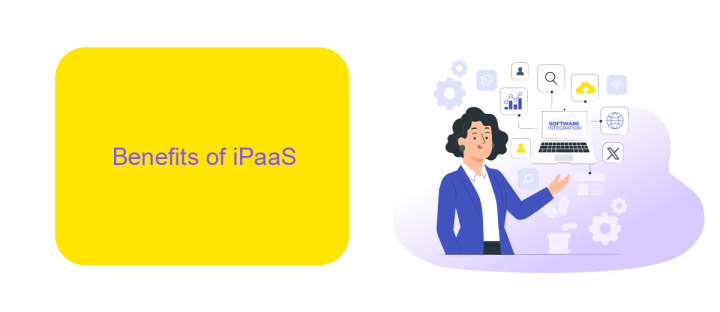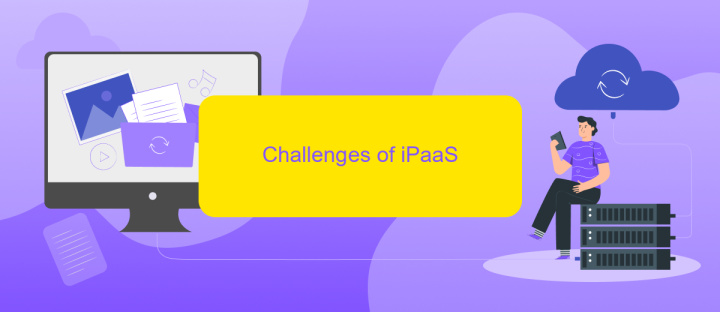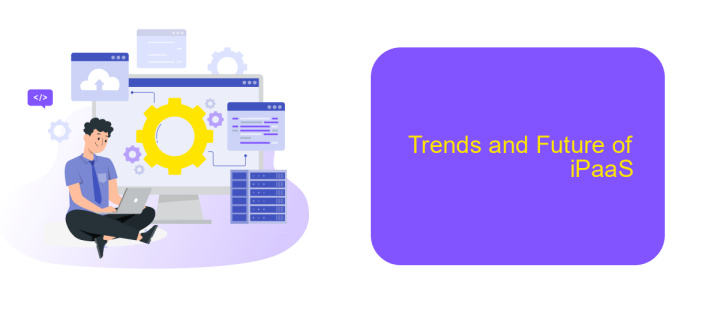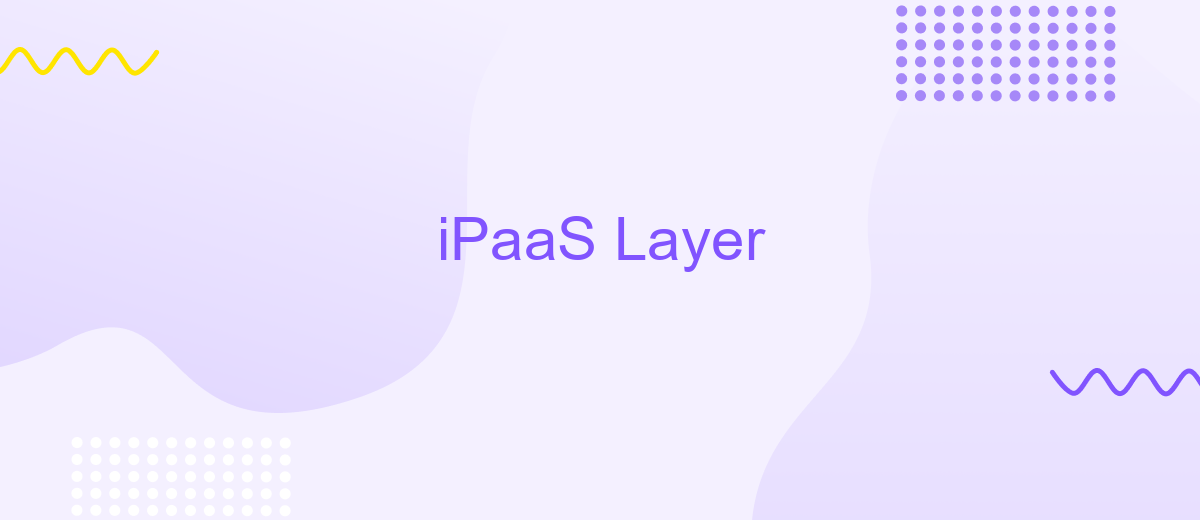iPaaS Layer
The Integration Platform as a Service (iPaaS) layer is revolutionizing the way businesses manage and integrate their diverse software applications and data sources. By providing a unified, cloud-based solution, iPaaS simplifies complex integration processes, enhances data flow, and ensures seamless connectivity across multiple platforms. This article delves into the core functionalities, benefits, and future prospects of iPaaS in the evolving digital landscape.
Key Concepts
Integration Platform as a Service (iPaaS) is a suite of cloud services that enable the development, execution, and governance of integration flows connecting any combination of on-premises and cloud-based processes, services, applications, and data within individual or across multiple organizations. iPaaS solutions provide a way to manage, integrate, and orchestrate various applications and data sources seamlessly.
- Data Integration: Combining data from different sources to provide a unified view.
- Application Integration: Ensuring different applications can work together effectively.
- API Management: Creating, deploying, and managing APIs in a secure and scalable manner.
- Workflow Automation: Automating business processes to improve efficiency and reduce errors.
- Monitoring and Analytics: Providing insights into the performance and health of integration flows.
Services like ApiX-Drive facilitate the integration process by offering a user-friendly interface and pre-built connectors for various applications and data sources. This allows businesses to set up integrations quickly and efficiently without extensive coding knowledge. By leveraging iPaaS solutions, organizations can enhance their operational agility, reduce integration costs, and accelerate time-to-market for new initiatives.
Benefits of iPaaS

Implementing an Integration Platform as a Service (iPaaS) offers numerous benefits, chief among them being the ability to seamlessly connect disparate systems and applications. This ensures real-time data synchronization, which is critical for businesses aiming to maintain up-to-date information across various platforms. iPaaS solutions like ApiX-Drive simplify the integration process by providing user-friendly interfaces and pre-built connectors, allowing even non-technical users to set up and manage integrations with ease.
Another significant advantage of iPaaS is its scalability. As businesses grow, their integration needs become more complex. An iPaaS platform can easily scale to accommodate increasing data volumes and additional applications without requiring extensive manual intervention. Furthermore, iPaaS solutions often come with robust security features, ensuring that data is transferred securely across systems. This combination of ease of use, scalability, and security makes iPaaS an invaluable tool for modern businesses looking to optimize their operations and enhance efficiency.
Challenges of iPaaS

Implementing an iPaaS (Integration Platform as a Service) solution can present several challenges for organizations. Firstly, the complexity of integrating multiple systems and applications can be overwhelming, especially for businesses with limited technical expertise. Additionally, ensuring data security and compliance with various regulations is a constant concern, as sensitive information is often shared across platforms.
- Compatibility Issues: Different systems may have varying data formats and protocols, making seamless integration difficult.
- Scalability: As businesses grow, the iPaaS solution must be able to handle increased data volumes and more complex integrations.
- Cost: Implementing and maintaining an iPaaS solution can be expensive, especially for small and medium-sized enterprises.
- Performance: Ensuring real-time data synchronization without latency issues is crucial for business operations.
- Vendor Lock-in: Relying heavily on a single iPaaS provider can limit flexibility and increase dependency risks.
To mitigate these challenges, services like ApiX-Drive offer user-friendly interfaces and pre-built connectors, simplifying the integration process. Additionally, such platforms often provide robust security measures and scalable solutions, making it easier for businesses to manage and expand their integrations effectively.
Trends and Future of iPaaS

The landscape of iPaaS (Integration Platform as a Service) is rapidly evolving, driven by the increasing need for seamless data integration across disparate systems. Businesses are looking for solutions that can effortlessly connect various applications, data sources, and services to streamline operations and enhance productivity.
One of the emerging trends in iPaaS is the emphasis on low-code and no-code platforms, which empower non-technical users to create and manage integrations without extensive programming knowledge. This democratization of integration capabilities is making it easier for organizations to adapt to changing business requirements and accelerate digital transformation.
- Enhanced AI and machine learning capabilities for smarter integrations.
- Greater focus on security and compliance to protect sensitive data.
- Increased adoption of hybrid and multi-cloud environments.
- Expansion of pre-built connectors and templates for faster deployment.
Services like ApiX-Drive are at the forefront of this evolution, offering user-friendly interfaces and robust functionality to simplify the integration process. By leveraging such platforms, businesses can achieve greater agility and responsiveness in an increasingly interconnected digital ecosystem.
Case Studies and Examples
One notable example of successful iPaaS implementation is seen in the case of a mid-sized e-commerce company that struggled with integrating multiple sales channels, inventory management systems, and customer relationship management (CRM) tools. By adopting an iPaaS solution, they seamlessly connected these disparate systems, enabling real-time data synchronization and significantly improving operational efficiency. The integration facilitated better inventory tracking, faster order processing, and more personalized customer interactions, ultimately leading to increased sales and customer satisfaction.
Another compelling case study involves a healthcare provider that needed to integrate patient records across various platforms to ensure comprehensive and accurate medical histories. Utilizing ApiX-Drive, they were able to automate the data flow between electronic health records (EHR) systems, appointment scheduling software, and billing platforms. This not only reduced manual data entry errors but also enhanced patient care by providing healthcare professionals with timely and accurate information. The streamlined integration process allowed the provider to focus more on patient care rather than administrative tasks.
FAQ
What is iPaaS?
How does iPaaS improve business efficiency?
What are the common use cases for iPaaS?
How secure is data integration with iPaaS platforms?
Can iPaaS be used by non-technical users?
Do you want to achieve your goals in business, career and life faster and better? Do it with ApiX-Drive – a tool that will remove a significant part of the routine from workflows and free up additional time to achieve your goals. Test the capabilities of Apix-Drive for free – see for yourself the effectiveness of the tool.

